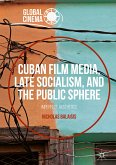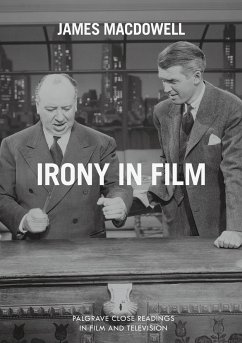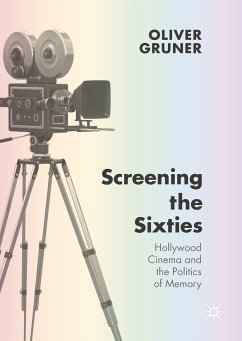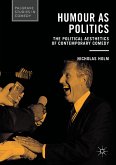This book examines a spate of American films released around the turn of the millennium that differently address the actuality or possibility of domestic fascism within the USA. The films discussed span a diversity of forms, genres and production practices, and encompass low- and medium-budget studio and independent releases (such as American History X, Stir of Echoes and The Believer), star and/or auteur vehicles (such as The Siege, Fight Club and American Beauty), and high-budget, high-concept science-fiction films and franchises (such as Starship Troopers, Minority Report, the Matrix and X-Men trilogies and the Star Wars prequels). Central to the book is the detailed analysis of the films, which is contextualized historically in relation to a period that saw the significant rise of the far Right. The book concordantly affords a wider insight into fascism and its various manifestations and how such have been, and continue to be, registered within American cinema.
Dieser Download kann aus rechtlichen Gründen nur mit Rechnungsadresse in A, B, BG, CY, CZ, D, DK, EW, E, FIN, F, GR, HR, H, IRL, I, LT, L, LR, M, NL, PL, P, R, S, SLO, SK ausgeliefert werden.









